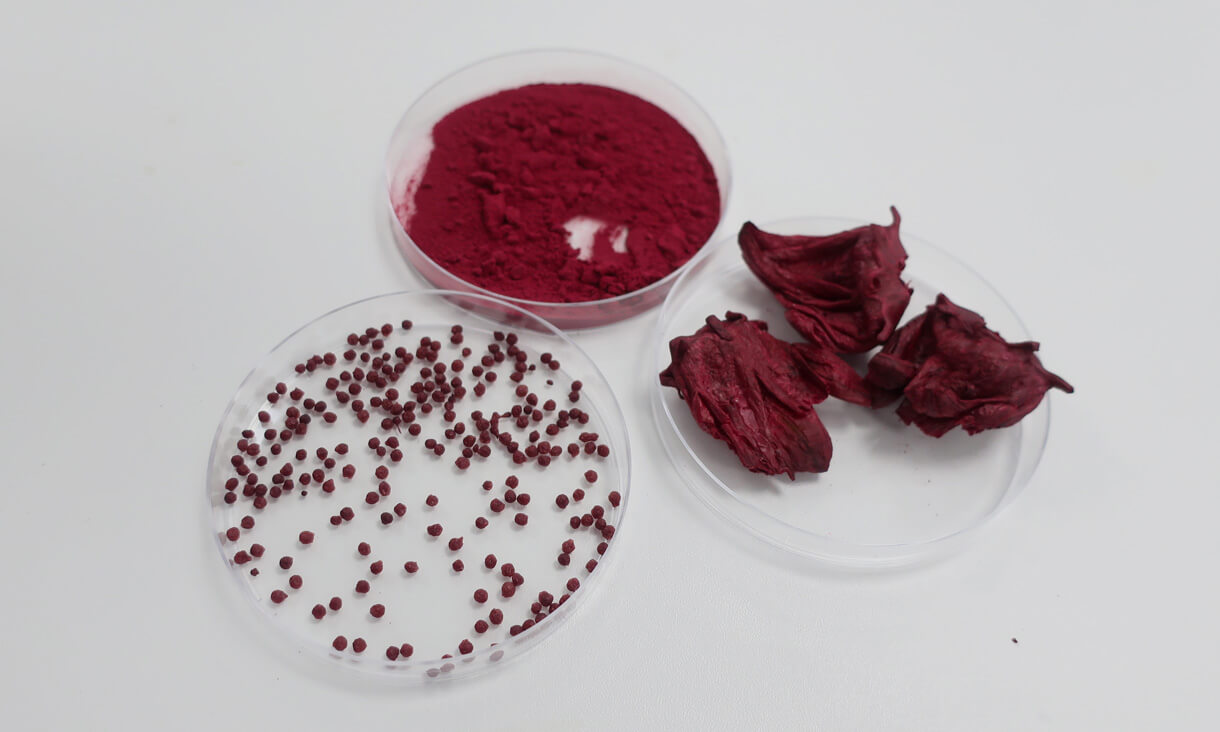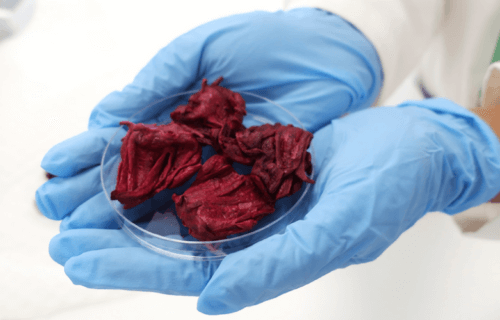MELBOURNE, Australia — The highly edible roselle plant has antioxidants that researchers in Australia say could help with weight loss efforts. According to the new study, the antioxidants and organic acid in roselle might be effective at preventing the formation of fat cells. Having some fat is important for regulating the body’s energy and sugar levels, but when there’s too much fat, the body converts the excess into fat cells called adipocytes. As people make more energy without spending it, fat cells grow in size and number, leading to weight gain and obesity.
In the current study, a team from RMIT University treated human stem cells with phenolic extracts and hydroxycitric acid before they turned into fat cells. Cells exposed to hydroxycitric acid did not display any change in the fat content of adipocytes. On the other hand, cells treated with phenolic extracts had 95 percent less fat than other cells.
Current obesity treatments focus on lifestyle changes and medication. While current medications are effective, they increase your risk of developing high blood pressure as well as damage to the kidney and liver. The findings suggest phenolic extracts from the roselle plant could provide a natural but effective weight management strategy.
“The phenolic extracts from the roselle could help create a health food product that is effective in interfering with the formation of fat cells, but also bypass the bad side effects of some medications,” says Ben Adhikari, a professor at RMIT University’s Food Research and Innovation Center, in a media release.

There has been a growing interest in studying the health benefits of antioxidant-rich compounds called polyphenols. They are found in multiple types of fruits and vegetables. When people consume them, antioxidants eliminate harmful oxidative molecules in the body that contribute to aging and chronic diseases.
Previous research on polyphenols in roselle reveals that they act as a natural enzyme blocker similar to how some obesity medications work. Polyphenol stops a digestive enzyme called lipase. This protein breaks down fats into small amounts, so the intestine absorbs them. Any excess fat turns into fat cells. When something inhibits the lipase enzyme, fat cannot be absorbed into the body, allowing it to pass through the body as waste.
“Because these polyphenolic compounds are plant-derived and can be consumed, there should be fewer or no side effects,” says lead study author Manisa Singh, a PhD candidate at RMIT University. The team plans to use the phenolic extracts from roselle in health food products. Food scientists could also turn the extracts into little beads which become part of refreshing beverages.
“Phenolic extracts oxidize easily, so not only does encapsulation extend its shelf life, but it lets us control how they are released and absorbed by the body,” Adhikari says. “If we don’t encapsulate the extract, it could break down in the stomach before we can reap its benefits.”
The study is published in the International Journal of Food Science and Technology.

